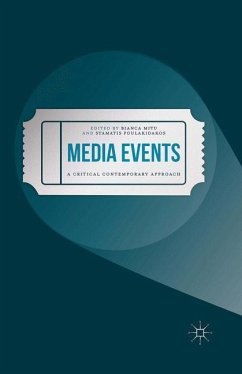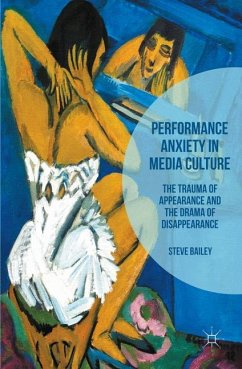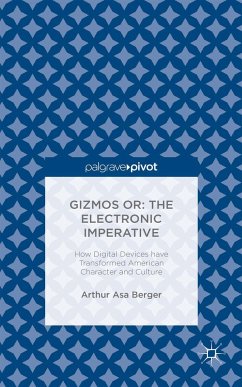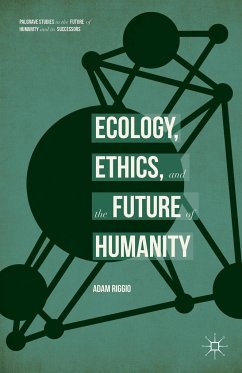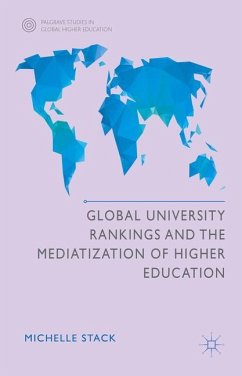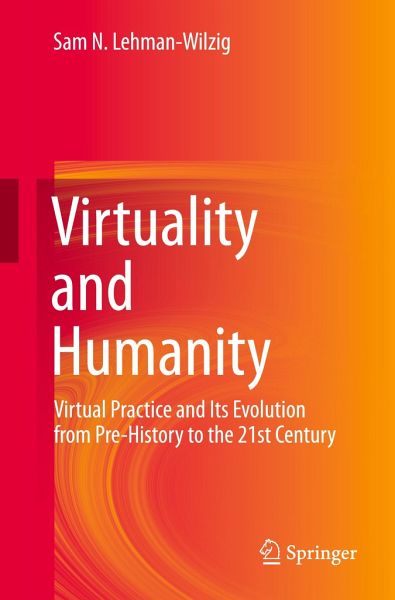
Virtuality and Humanity
Virtual Practice and Its Evolution from Pre-History to the 21st Century

PAYBACK Punkte
31 °P sammeln!
This is a pioneering study of virtuality through human history: ancient-to-modern evolution and recent expansion; expression in many fields (chapters on Religion; Philosophy, Math, Physics; Literature and the Arts; Economics; Nationhood, Government and War; Communication); psychological and social reasons for its universality; inter-relationship with "reality." The book's thesis: virtuality was always an integral part of humanity in many areas of life, generally expanding over the ages. The reasons: 1- brain psychology; 2- virtuality's six functions - escape from boredom to relieving existenti...
This is a pioneering study of virtuality through human history: ancient-to-modern evolution and recent expansion; expression in many fields (chapters on Religion; Philosophy, Math, Physics; Literature and the Arts; Economics; Nationhood, Government and War; Communication); psychological and social reasons for its universality; inter-relationship with "reality." The book's thesis: virtuality was always an integral part of humanity in many areas of life, generally expanding over the ages. The reasons: 1- brain psychology; 2- virtuality's six functions - escape from boredom to relieving existential dread. Other questions addressed: How will future neuroscience, biotech and "compunications" affect virtuality? Can/should there be limits to human virtualizing?



